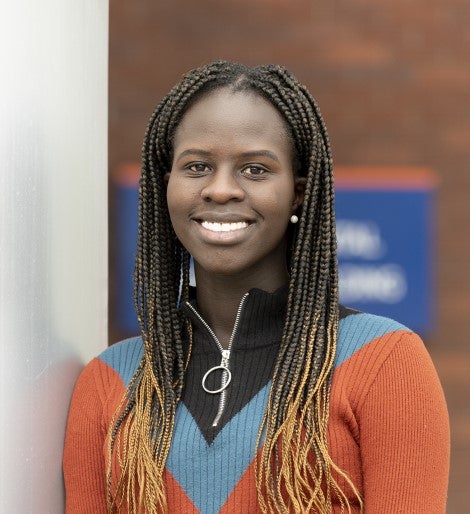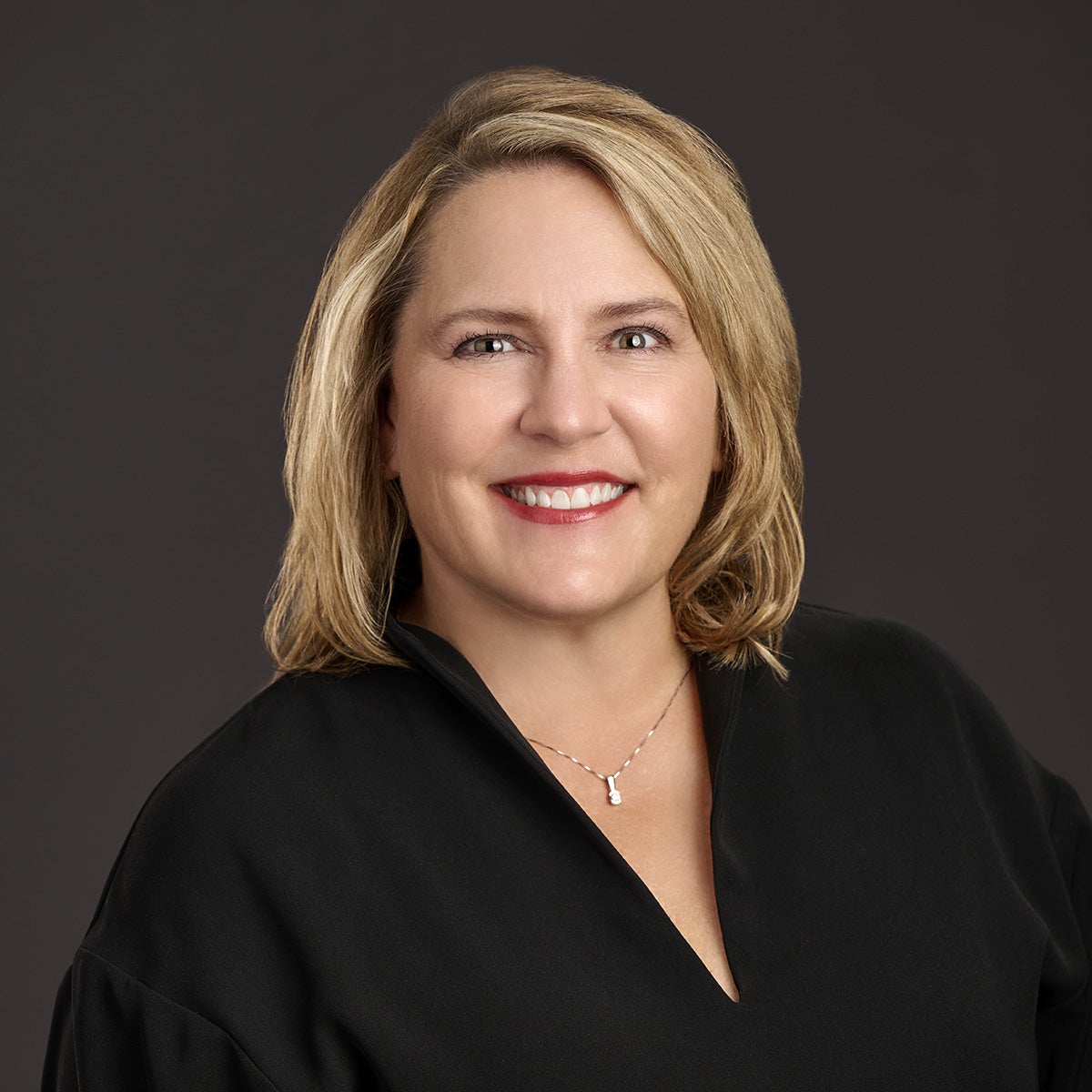Smoke from wildfires is a toxic chemical-cocktail that can cause damage far beyond watery eyes and coughing. In addition to carbon monoxide, particulate matter and other volatile organic compounds, wildfires that blaze through towns and cities also burn and release substances like lead into the air. Researchers are discovering long-term repercussions from chronic exposure, potentially including neurodegenerative diseases such as Alzheimer’s.
Students in the Translational Health Lab at Boise State are determined to use their research to find community solutions. Master of Public Health Student Adhieu Arok is one of these students.
Meet Adhieu Arok

As soon as she heard of the Translational Health Lab, Master of Public Health Student Adhieu Arok knew she wanted to be involved.
“When I moved to Boise to start my Master of Public Health, I wanted to get involved in my community,” Arok said. “Professor Luke Montrose came to speak to our class about a new graduate research assistant position that just opened up. Although I had a full-time job and rigorous classes, I was so eager I applied the following day.”
In the lab, and out in the community, Arok researches how the wildfire season affects indoor air quality in skilled nursing facilities in Idaho, and uses surveys and other means to gain an awareness of perceptions and areas for improvement in these spaces. She highlights the importance of poor indoor air quality by implementing educational workshops for administrators and maintenance staff at skilled nursing facilities.
The team provides resources and solutions for the facilities to improve indoor air quality. Some of these improvements include smoke readiness plans, indoor and outdoor air quality monitors, Idaho Power energy audits, installing high-efficiency filters, and ordering stand-alone air purification units.
Arok has conducted research since her sophomore year and feels that it is an essential piece of her identity as a scientist. She will take these skills and her passion for healthcare and community into her future goals.
“I want to become an OBGYN and help decrease the maternal and infant mortality rates in the U.S.. My long-term goal is to move back to Africa and live in one of the sub-Saharan countries and work in public health and medicine. I’m hoping to mitigate disparities in maternal and infant mortality rates and also work to improve exposure to poor air quality,”
Adhieu Arok
Support students in the College of Health Sciences.
Inspired by this story? Let's chat!
-

Heather Jauregui
Senior Director of Development
-
